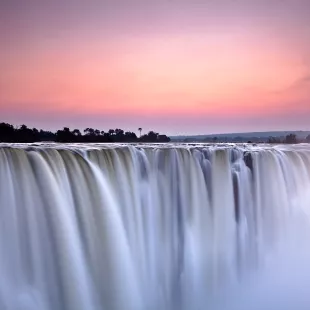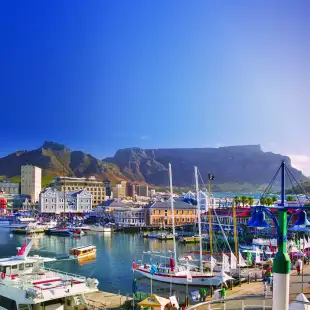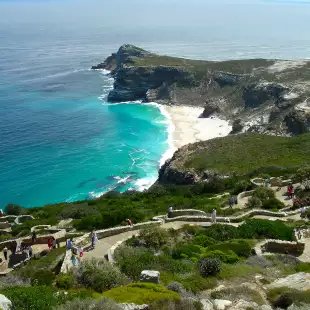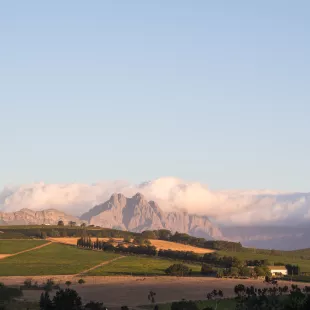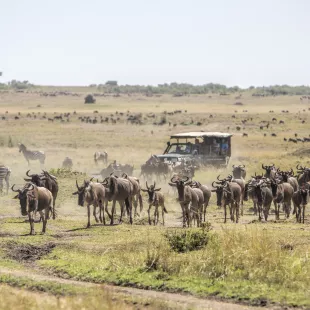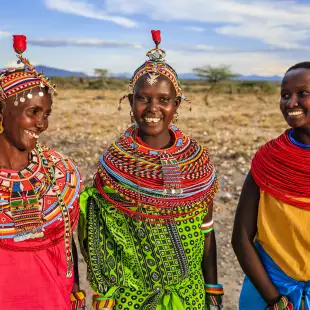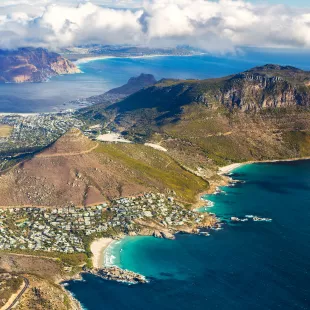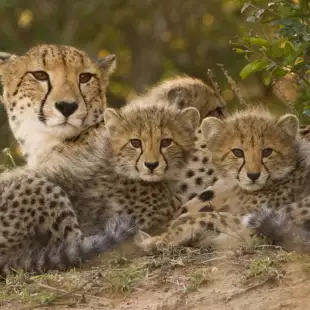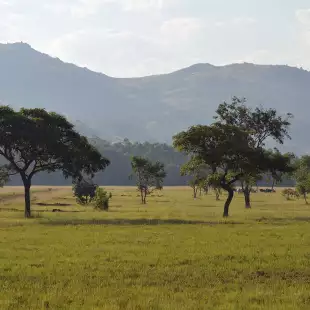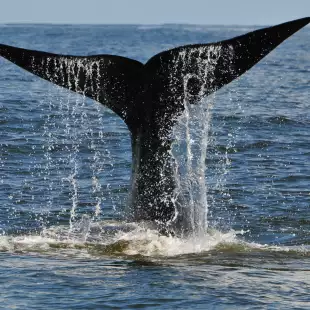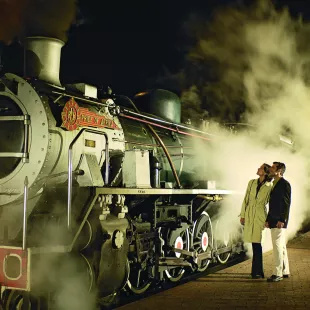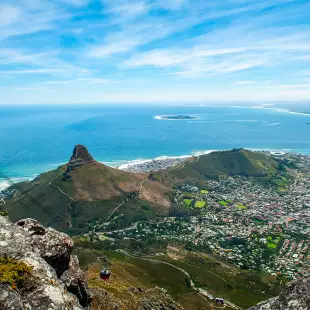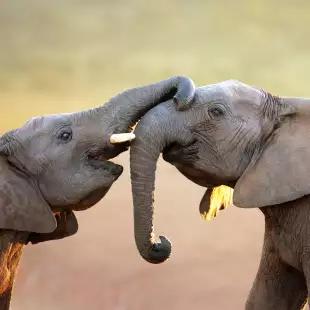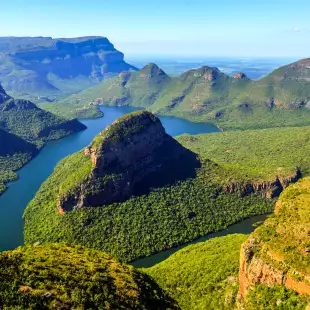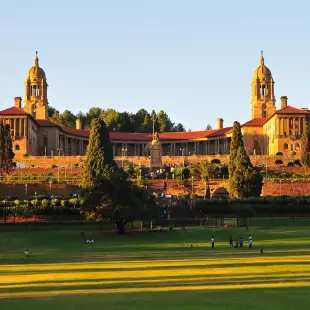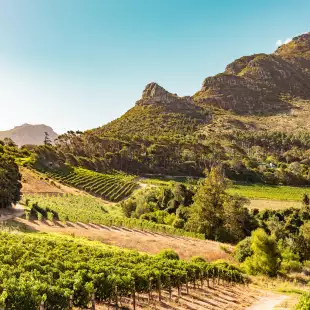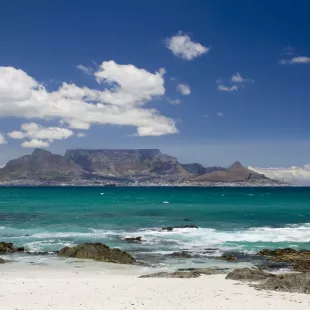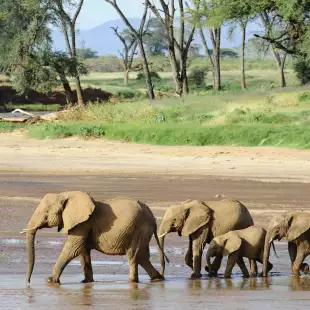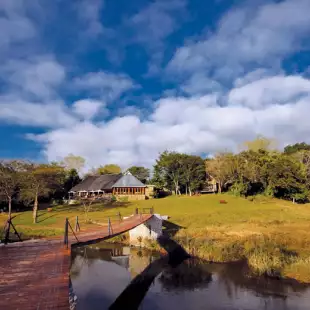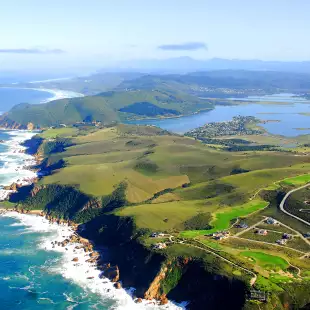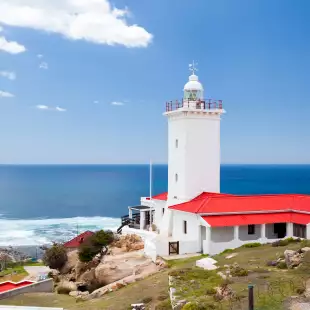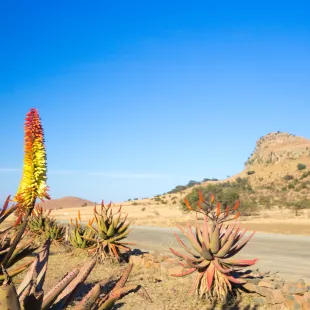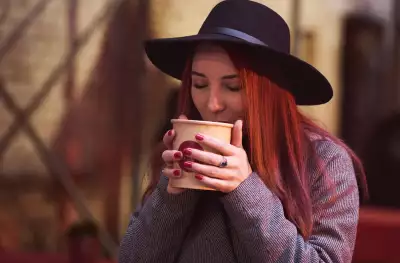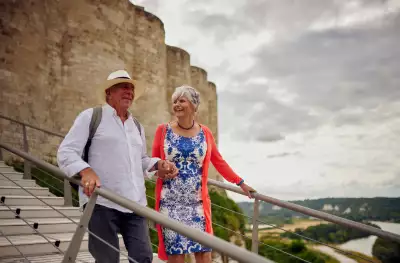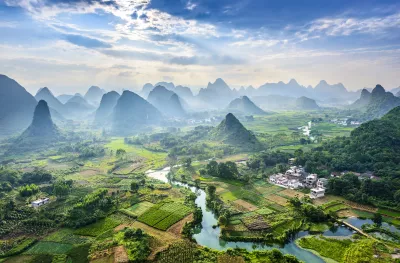South African Safari Travel Tips: What to Wear and Pack
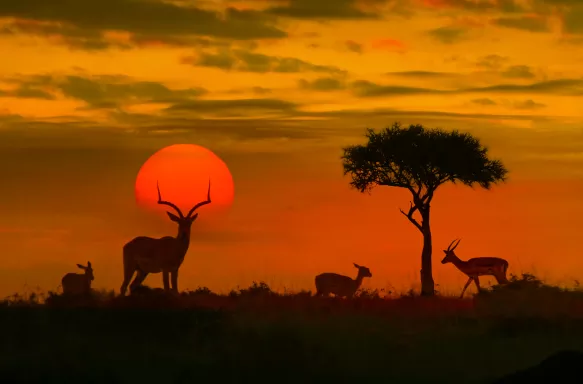
If you’re looking at South Africa holidays, then spending a few days on safari in a National Park such as Kruger is undoubtedly a highlight of any trip. Don’t worry about any concerns about what to wear on safari or what to expect, just read our South African safari travel tips.
View all wildlife and safari experiences
What To Wear On Safari
Once you’ve booked your safari holiday, there’s no need to rush out and buy a new khaki wardrobe. If you’re wondering what to wear on safari, then clothes in shades of brown and green will help you blend in with your surroundings and so avoid disturbing wildlife. Avoid bright and day-glo colours as these may attract insects and, as the tsetse fly (which has a nasty bite) is fond of black and blue, ditch the denim too. Forget camouflage-style clothing – this is best left for the South African military.
As with any holiday, pack comfortable clothing and think about layers to deal with changes in temperature. Safaris often involve an early start, so a light jacket or fleece will keep you warm when it’s chilly. A good idea is to bring zip-off trousers that convert easily into shorts. Combat trousers or shorts with pockets are also handy.
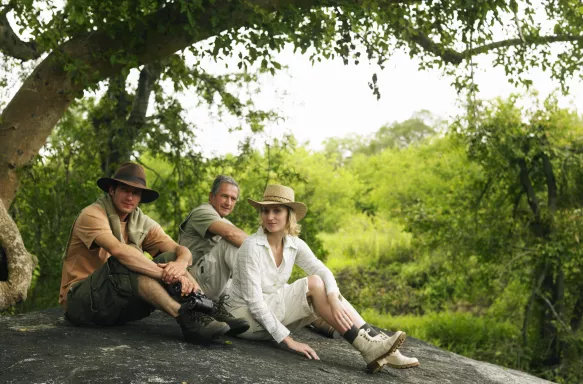
Look for casual, lightweight clothes made from breathable fabrics. Think T-shirts and a few long-sleeved shirts or blouses that protect your skin from the sun – collars will protect your neck. Evenings are also usually relaxed affairs, with women typically wearing dresses and men choosing a button-up shirt. A light or medium-weight jumper or sweatshirt is also practical.
Pack comfortable trainers or lightweight sturdy shoes, ideally a pair you’ve already broken in – blisters are no fun on holiday. Hiking boots are not necessary and simply take up valuable space in your luggage.
What to wear on safari top tip: shake your shoes every morning before putting them on, you never know what’s lurking inside.
A hat is an essential item too when planning what to wear on safari. Choose one that has a brim all the way round to reduce glare and protect your nose, ears and neck from sunburn.
What To Wear On Safari – Additional Items To Pack
When heading to warmer climes, always take high-factor sunscreen, protective lip balm and a moisturiser with SPF. A first-aid kit is useful too – make sure you include any necessary prescription medicines. Insect repellent is also invaluable. Those containing DEET are usually best. Wet wipes are a handy way to freshen up and wipe dust from your hands and face.
Other essentials should include a pair of compact binoculars – ideally with image stabilisation – a small rucksack that closes tightly so dust won’t get inside, and sunglasses and spectacles – pack spare pairs too. A torch is useful when sleeping in a tented camp (it’s a recommended ‘glamping’ experience), as are earplugs. While it may be fun listening to wildlife howling outside on your first night, after several early rises and long days, you’ll just want to sleep.
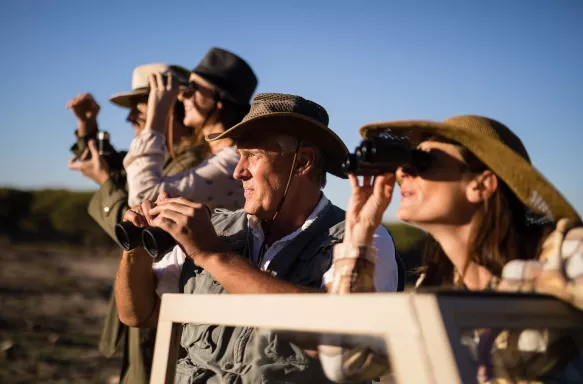
What To Expect On Safari
A safari usually involves being taken round a national park in a specially adapted 4×4 vehicle (or sometimes a boat) with an expert local guide. They have studied wild animals for years, know their behaviour and favourite watering holes, and a footprint will alert them to what animals are in the vicinity. Remember though that each safari is unique. Don’t be disheartened if after a few hours you’ve still to see hippos in a setting similar to an award-winning documentary. Just enjoy the adventure.
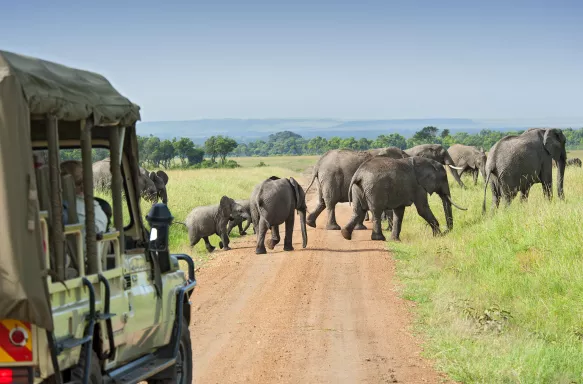
Experienced rangers are there for your safety, but they’ll also be happy to answer any questions, linger longer in a spot so you can take more photos and share their fascinating, and often amusing, stories. Your guide will also be in regular communication with others so will be notified if there’s a good sighting nearby.
Take note that safaris involve bumpy rides along dusty tracks, so it’s not wise to wear white, and ladies should pack a sports bra. It’s also worth bringing medication if you’re prone to car sickness.
What Animals May You See
Holidays to South Africa are always memorable, more so if you’ve had a once-in-a-lifetime encounter with the Big Five. Kruger National Park is one of the best destinations in South Africa to see elephants, lions, rhinos, leopards and buffalo, but as the park is also home to an incredible 150 mammal and 500 bird species, there’s the chance you’ll also stumble upon a giraffe, antelope or hyena.
Guides will do their upmost to take you as close as safely possible to the animals. However, the welfare of wild creatures living in their natural habitat is considered too. A guide will recognise if a new mother is distressed or if an animal is acting unpredictably, so let the guide set the rules and obey them.
And while it’s difficult not to scream with excitement when you do spot something, try to remain quiet so it doesn’t run away. Also remember that you may witness wildlife hunting to survive, which can be equally fascinating and upsetting.
Safari Photography Tips
Photo opportunities abound in South Africa. There’s amazing wildlife and stunning landscapes, sunrises and sunsets – take plenty of memory sticks, extra batteries and a travel adaptor to recharge equipment (there’s no one standard adaptor, so you may need a type C, D, M or N adaptor).
If you’re a keen photographer, a safari accompanied by an expert local photographic guide may appeal. Regardless of your skill level though, know your camera inside out before your holiday, and practice taking images of moving animals, perhaps a pet. Remember lighting is key for a good photo. Take advantage of a low sun in the early morning and at dusk when animals are at their most active.
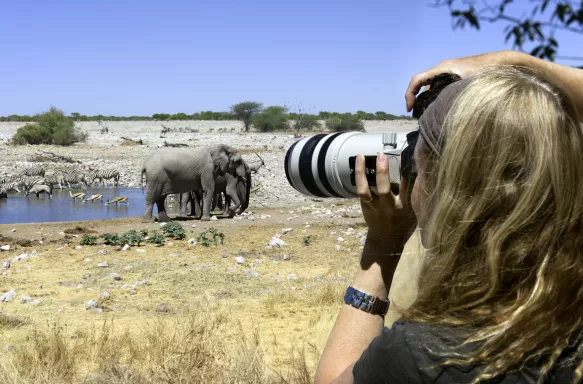
Safari Travel Essentials
Visit your GP before your safari holiday and make sure any necessary vaccinations are up to date. Most of South Africa is malaria-free, with Kruger National Park being a low risk area. Sort out comprehensive travel insurance too, ensuring it covers any pre-existing medical conditions. Tap water is usually okay to drink.
Rand is the currency in South Africa, and you will find some ATMs in the Park itself. As with any holiday, keep valuables safe at all times.
If you’re keen to experience the holiday of a lifetime and travel on a Safari, view our collection of South Africa holidays to find out more. If you have any questions, please do not hesitate to contact us.
